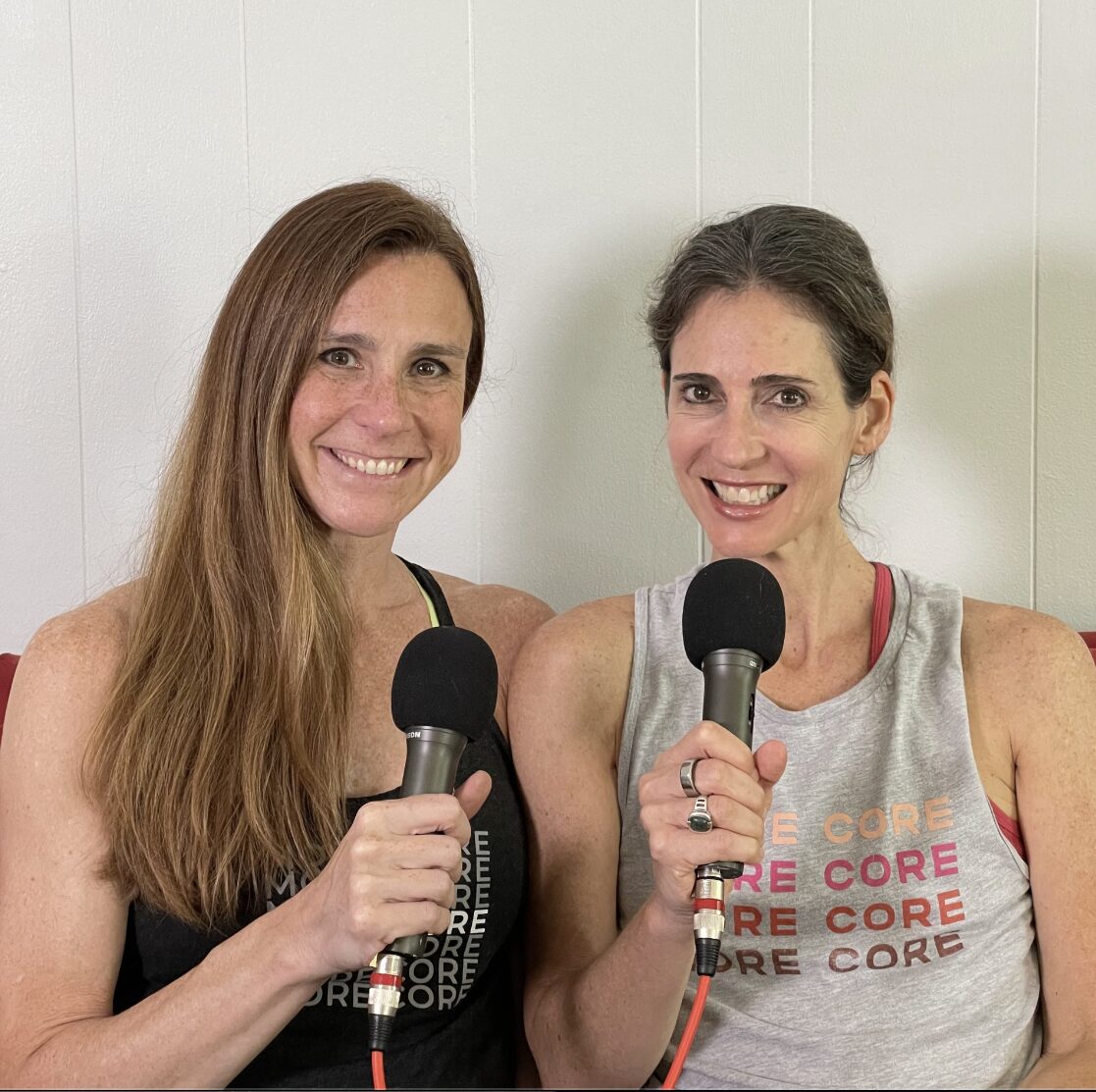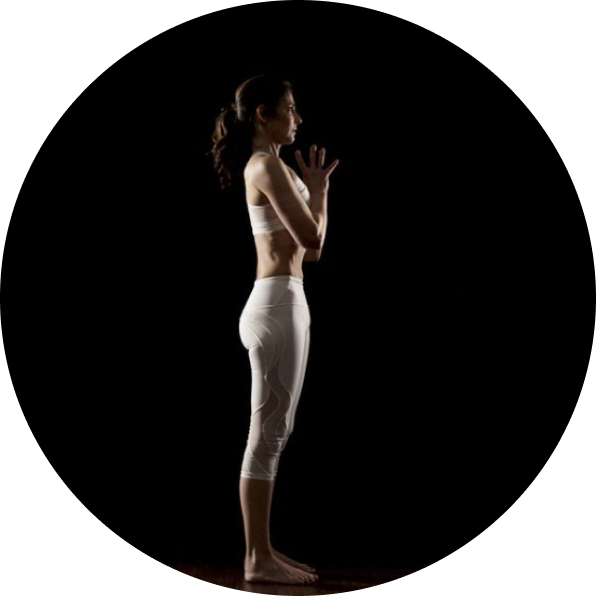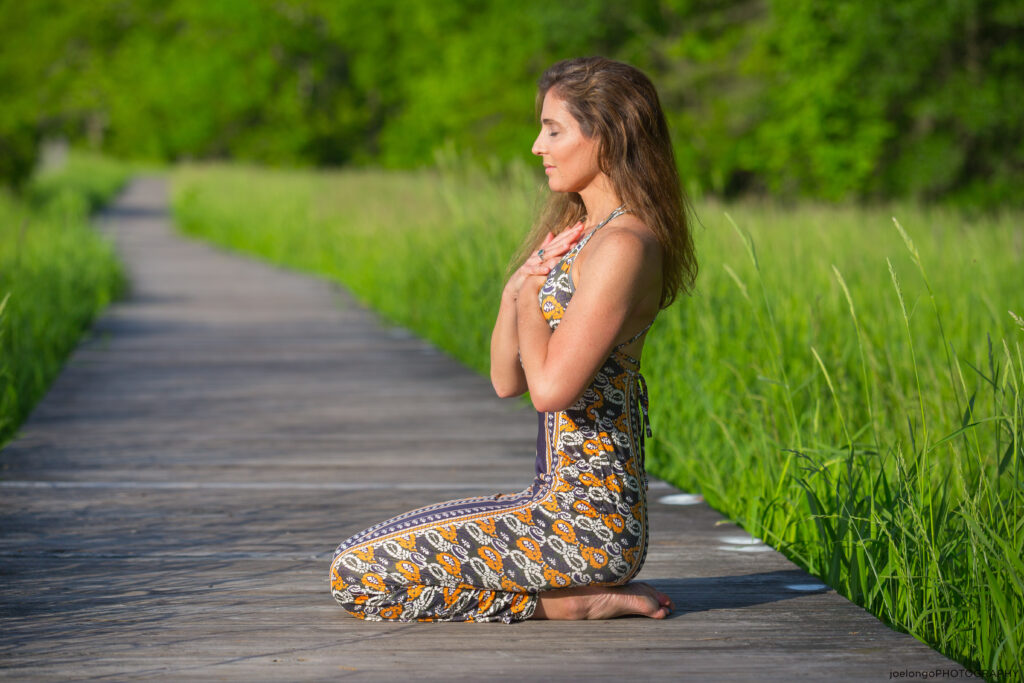
Your questions:
- I recently stepped up how much LYT I have been practicing from maybe a couple of times a week, postpartum classes. Building myself back up to now, practicing every day. It feels great. However, I have recently started to feel an ache just in front of my right hip where the femur head meets the acetabulum. I figure it’s hip impingement, so I’m going less deep into my squats and lunges and really focusing on pelvic positioning. I only practice LYT, so don’t do any sinking forward hip-opening stretches. I feel a squeeze anteriorly if I do a deep flex, but the real irritation comes at the extension end when I do a 90/90 lunge. When I hang out in slight anterior tilt with no glute engagement, against all your advice, I know, it feels fine. But when I draw my pubis up and engage my glute, it really feels like it’s driving my femur head forwards in the labrum and pressing into it making it sore. I’m refraining from curling my toes under at the moment, which seems to take some of the pressure off. I don’t feel this discomfort in any other postures except for similar reasons in a high crescent lunge. Could it be that I’m overdoing it with the glute activation and actually going into posture tilt? Or do I just need to back off for a while and let the tissues recover? If so, are there any LYT classes that would be suitable for the hip impingement recovery period, or alternatively, ways to modify where it wouldn’t put pressure on that area?
- Recently, Lara posted an Instagram story in which she does a viral fitness challenge that I’ve been noticing, popping in a few variations for a while. The challenge consisted of going from standing with ankles cross to a cross-legged seated position to high kneel then springing back to low squat, all without using hands. It really is driving me nuts that I can’t do this because I feel like it highlights some weakness and restriction. I’ve been struggling with low squat for years. I suspect one part of my problem is ankle dorsiflexion because if I place a lift under my heels, I can do a squat. Low squats usually feel bad in my knees, even with a heel lift. Add in the cross ankles, I just like to plop, no control in lowering. The kneeling part is a piece of cake, but popping back into a squat, that seems an impossible feat. I have problems with getting my hips up high enough in poses like crow or even happy squat. I have some knee problems. Double pigeon feels great to me, as do all external rotation moves. I recently, a year ago, had a torn meniscus in the knee, ruptured popliteal cyst, and average arthritis. Doing LYT has all but solved my knee issues except when I try to do those low squat squats. Probably not relevant, but I did break my right femoral neck in an accident two and a half years ago. I think it’s fine now. Any advice is appreciated.
- I was wondering if you could share your thoughts about overtraining. I feel like I’ve been seeing a lot come by lately on social media stating the disastrous effects of overtraining, particularly for women with hormonal balance and all due to exercise creating a stress response in the body without actually going into detail about anything. I feel like only very little of us will actually run into this problem. Could you elaborate a little on this? Symptoms, for example. How much of an issue is it really in our society? I feel like lack of movement is the bigger issue, at least in my community. I feel like the social media post just kind of send out this message that some women are weak and should focus more on resting, which is something I just don’t align with at all for many reasons. I’d be curious to hear your thoughts about it.
To learn more, and for the complete show notes, visit: https://lytyoga.com/podcast/
Do you have a question?
- DM Lara on Instagram: @lara.heimann
- DM Kristin on Instagram: @kbwilliams99
- Email us at su*****@*****ga.com
Sponsors:
- Visit relationshipschool.com/lara to get 50% off your first month of relationship coaching.
- Shop my favorite 100% Science-Backed Amino Acid Supplements. Enter code “LYT” to save 30%. aminoco.com/LYT






